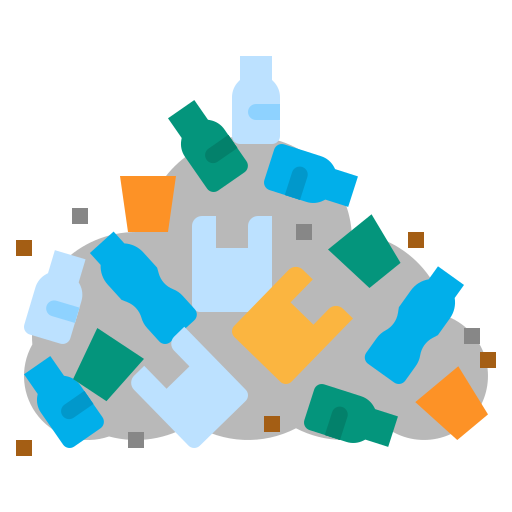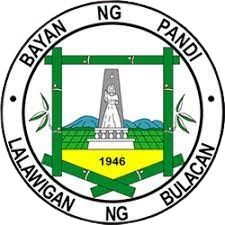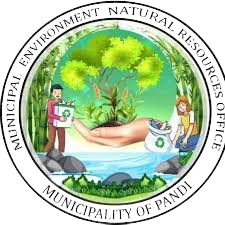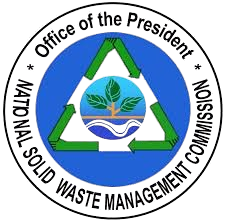WASTE INFORMATION
WASTE ANALYSIS AND CHARACTERIZATION STUDY (WACS)
Waste Analysis and Characterization Study (WACS) is conducted to determine the composition and volume of waste generated in a given area, whether in households, schools, businesses, or entire communities. By collecting, sorting, and measuring different categories of waste such as biodegradable, recyclable, residual, and special types, WACS produces accurate data that reveal waste generation patterns and sources. This information is essential for local governments and institutions in planning and implementing sustainable waste management practices, including proper segregation, recycling, composting, and the establishment of Materials Recovery Facilities (MRFs). It also ensures compliance with Republic Act 9003 while providing a reliable basis for research, policymaking, and environmental planning.
The purpose of WACS is to provide reliable data that helps in:
• Identifying the types and proportions of waste.
• Assessing waste generation rates for households, schools, businesses, or LGUs.
• Supporting compliance with Republic Act 9003 (Ecological Solid Waste Management Act of 2000).
• Designing effective waste management programs like recycling, composting, and segregation.
• Providing baseline data for research, urban planning, and policymaking.
A typical WACS process includes:
1. Planning & Sampling – Selecting representative areas.
2. Collection & Sorting – Gathering waste samples and segregating them.
3. Weighing & Recording – Measuring the amount of each type of waste.
4. Data Analysis – Summarizing results.
5. Reporting – Presenting findings with recommendations.

Recyclable
Materials like paper, glass, and plastic that can be reused or made into new products.

Special
Hazardous waste such as batteries, medicines, and e-waste that need careful disposal.

Biodegradable
Organic waste like food scraps, leaves, and paper that naturally decompose into compost.

Residual
Non-recyclable items like wrappers, diapers, and styrofoam that end up in landfills.

Others
Bulky or unique waste like furniture, clothes, or debris needing special collection.


